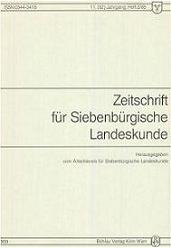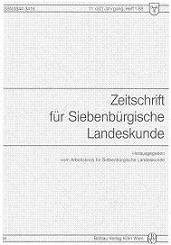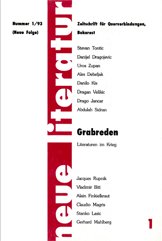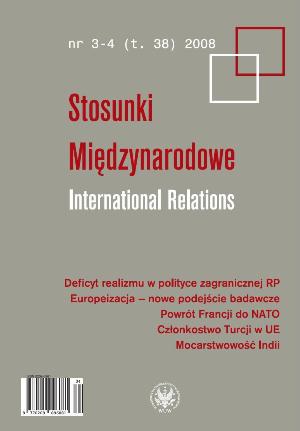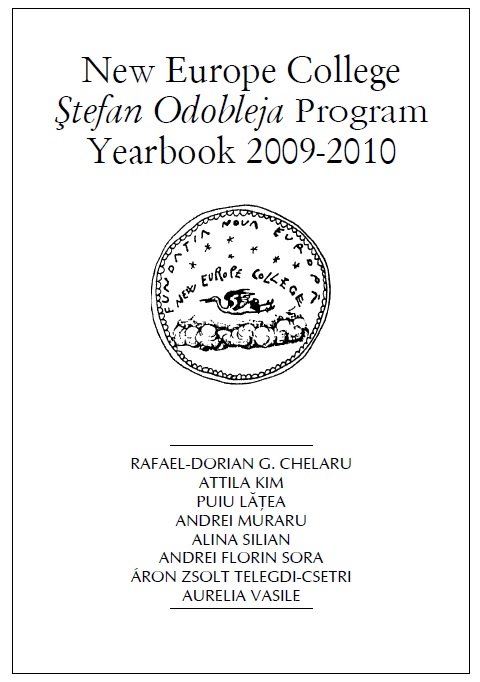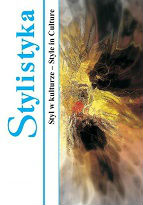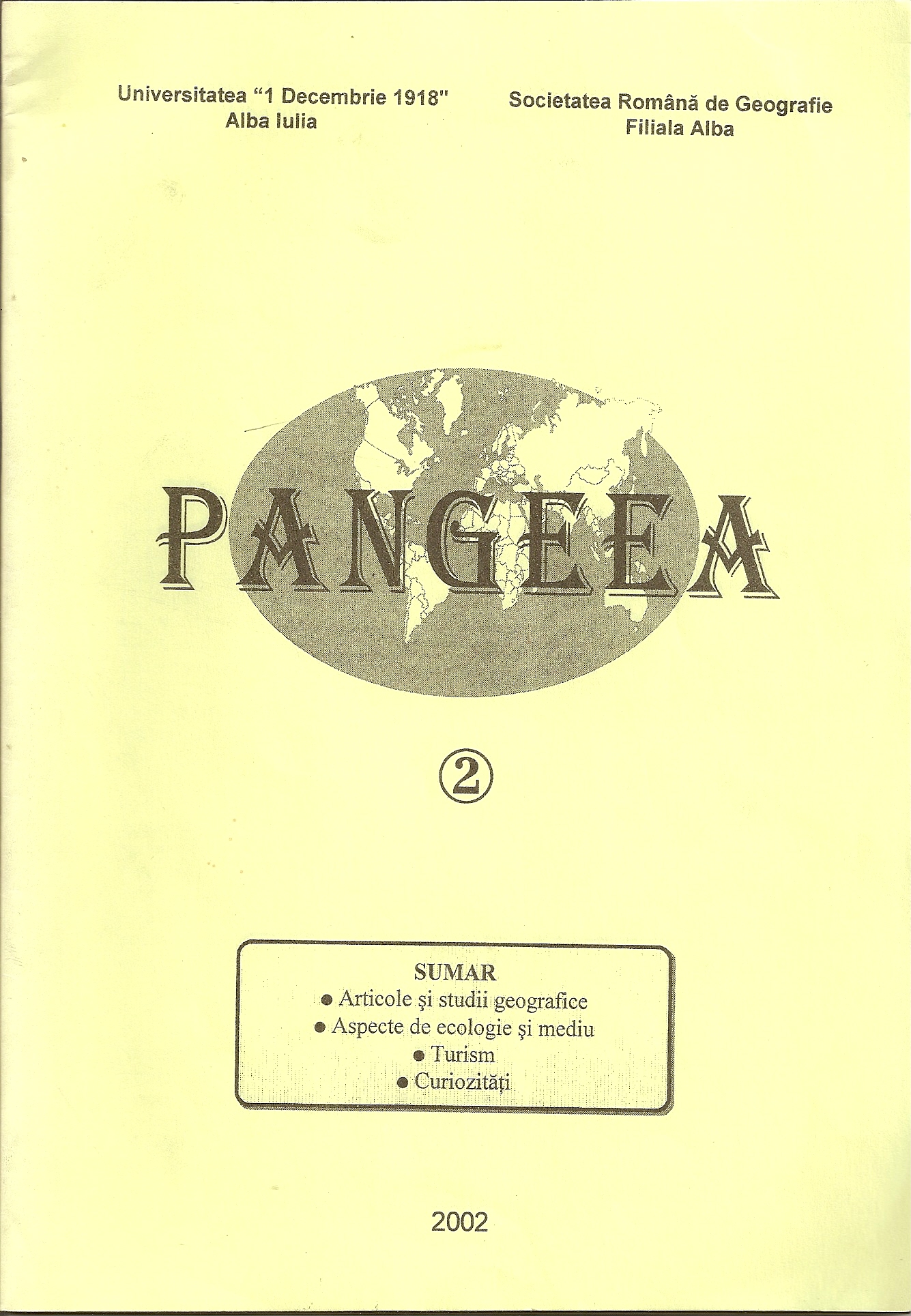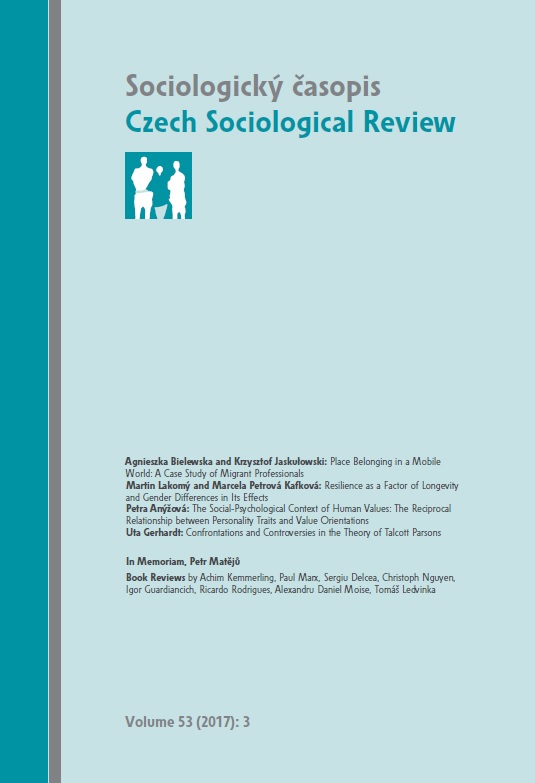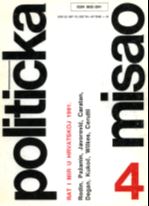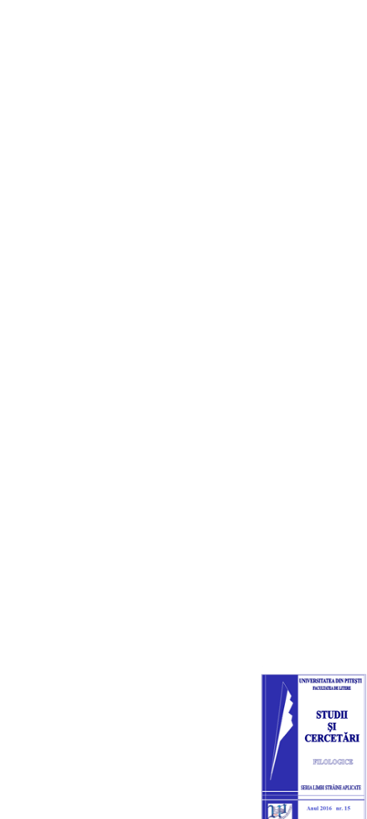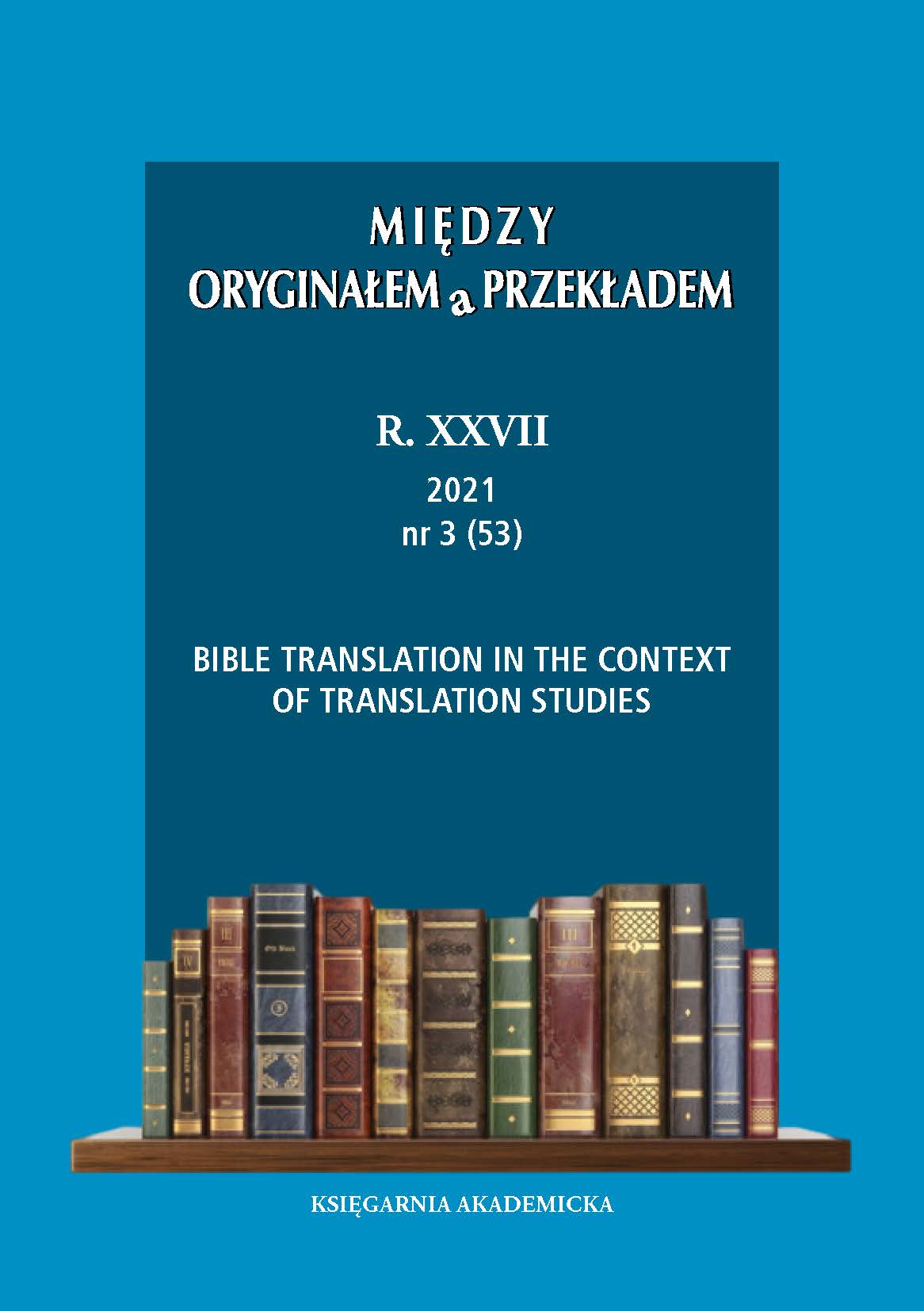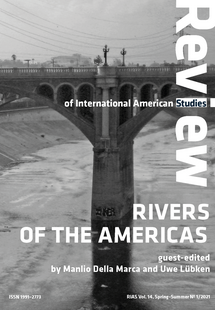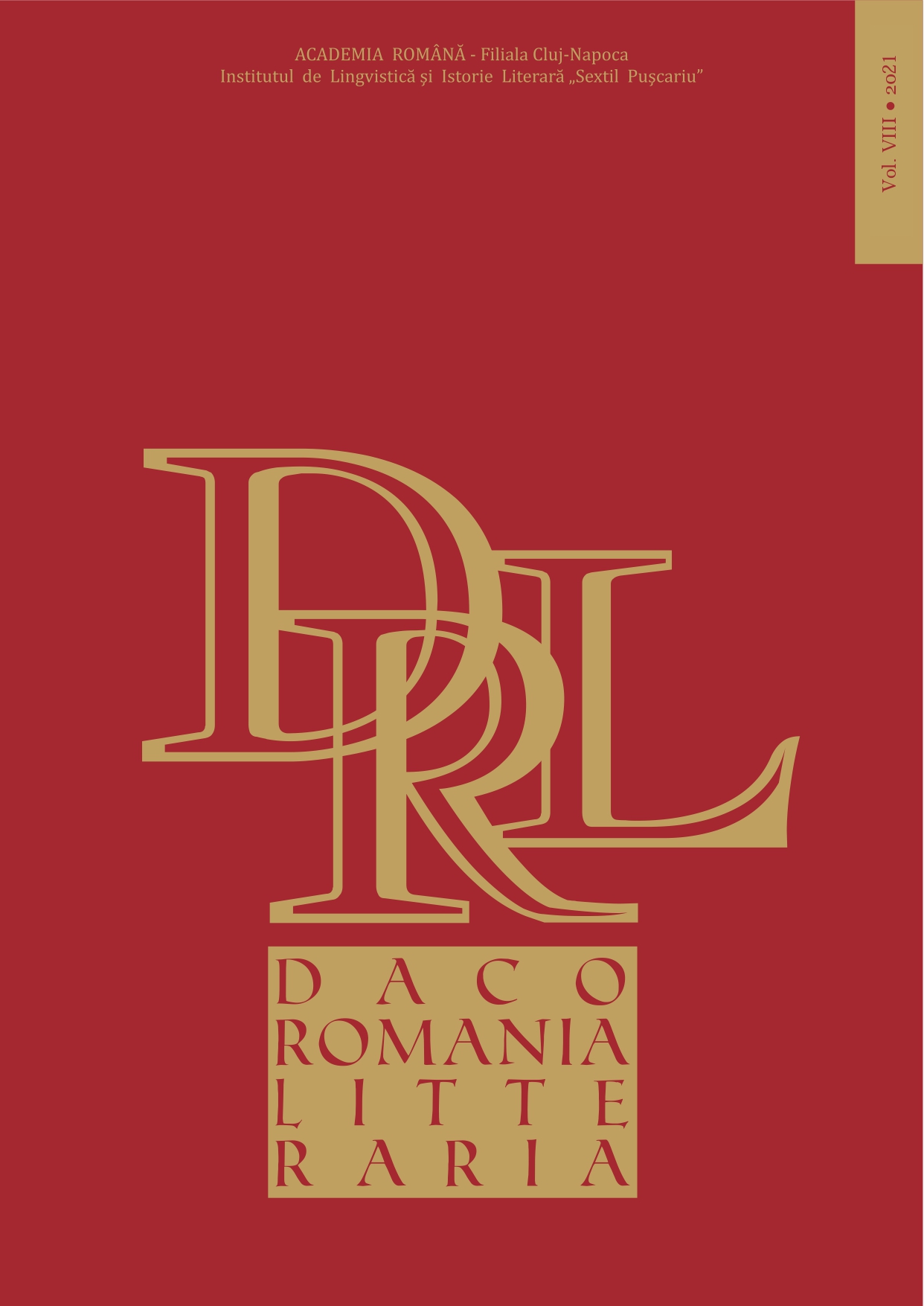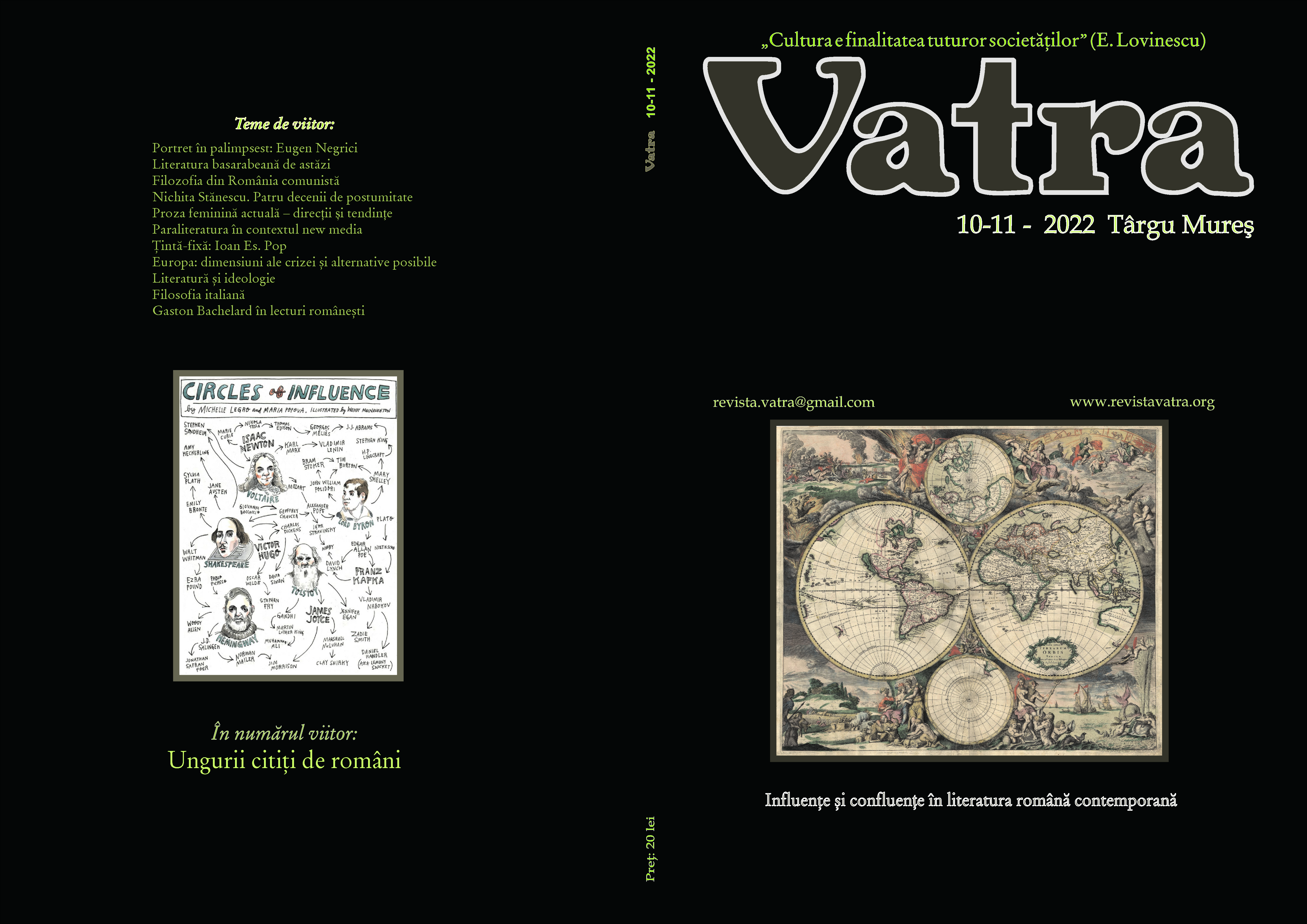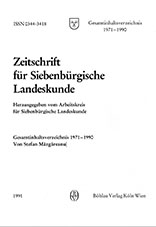
REVIEWS
BESPRECHUNGEN
reviews of: ---------------------- Charles Boner: Siebenbürgen, Land und Leute. Unveränderter Nachdruck der Ausgabe Leipzig: Verlagsbuchhandlung J. J. Weber 1868. Mit einer Einleitung von Hans Meschendörfer (=Schriften, Bd. 13). Köln-Wien: Böhlau Verlag 1987. XVII, XVI, 694 S., Erika Groth-Schmachtenberger, Franz Mayer-Krausz: Damals im Südosten. Siebenbürger Sachsen und Donauschwaben in alten Fotos: München 1990, 136 s. Hardenbergs Weltreport. Länder, Städte, Reiseziele. Hardenberg Lexikon-Verlag, Dortmund, 1990, 3 Bände, 2048 S. Radu Popa: La începuturile evului mediu românesc. Ţara Haţegului (Am Beginn des rumänischen Mittelalters. Das Hatzeger Land). Bucure şti: Editura ştiintifica şi enciclopedica 1988, 323 s. Ralf-Peter Märtin: Dracula. Das Leben des Fürsten Vlad Tepes. Frankfurt a. M.: Fischer Taschenbuch-Verlag 1991, 192 S. Helmut Baier (Hg.): Konfessionalisierung vom 16.-19. Jahrhundert. Kirche und Traditionspflege. Referate des 5. Internationalen Kirchenarchivtags Budapest 1987. Neustadt a. d. Aisch: Verlag Degener & Co. 1989
More...
